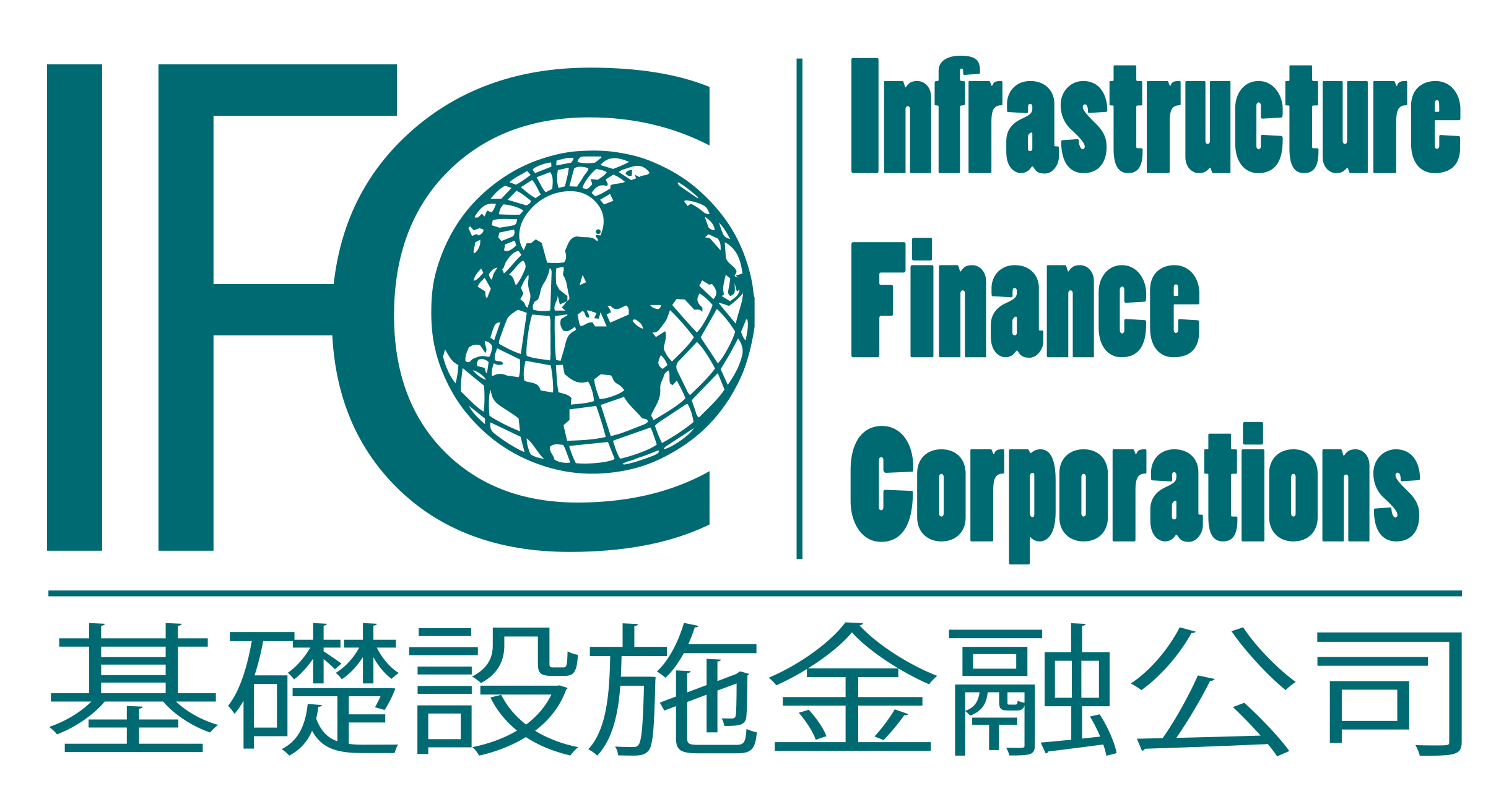

Project risk management is an essential process for ensuring the successful completion of any project, regardless of its size or complexity. In today’s dynamic business environment, projects face various uncertainties and challenges that can impact their outcomes. Effective risk management helps project teams identify, assess, mitigate, and monitor risks throughout the project lifecycle, thereby enhancing the likelihood of achieving project objectives within scope, schedule, and budget constraints.
Key Components of Project Risk Management
Risk Identification:
The first step in project risk management is identifying potential risks that could affect the project’s success. Risks can arise from various sources, including but not limited to, technical complexities, resource constraints, stakeholder expectations, regulatory changes, and external dependencies. Project teams can employ techniques such as brainstorming, checklists, interviews, and historical data analysis to identify and document risks comprehensively.
Risk Assessment:
Once risks are identified, they need to be assessed in terms of their probability of occurrence, potential impact on project objectives, and urgency of response. This process involves qualitative and quantitative analysis to prioritize risks based on their severity and likelihood. Tools like risk matrices, probability-impact grids, and decision trees can aid in evaluating risks and determining the appropriate level of attention and resources needed for mitigation.
Risk Mitigation:
Risk mitigation involves developing strategies and action plans to reduce the likelihood or impact of identified risks. Depending on the nature of the risk, mitigation measures may include risk avoidance, risk transfer, risk reduction, or risk acceptance. Project teams collaborate with stakeholders to implement mitigation actions effectively, allocate necessary resources, and establish contingency plans to address unforeseen events.
Risk Monitoring and Control:
Risk management is an iterative process that requires continuous monitoring and control throughout the project lifecycle. Project managers and teams track the status of identified risks, assess their effectiveness of mitigation measures, and update risk registers accordingly. Regular communication, progress reporting, and stakeholder engagement facilitate proactive risk management, enabling timely adjustments and interventions to address emerging threats or opportunities.
Benefits of Effective Risk Management
Conclusion
Project risk management is a critical discipline that enables organizations to navigate uncertainty, mitigate threats, and capitalize on opportunities in today’s dynamic business environment. By adopting a systematic approach to identifying, assessing, mitigating, and monitoring risks, project teams can enhance project success rates, deliver value to stakeholders, and achieve sustainable business outcomes. Embracing a culture of risk awareness and proactive management empowers organizations to thrive amidst complexity and uncertainty, driving continuous improvement and innovation in project delivery practices.
